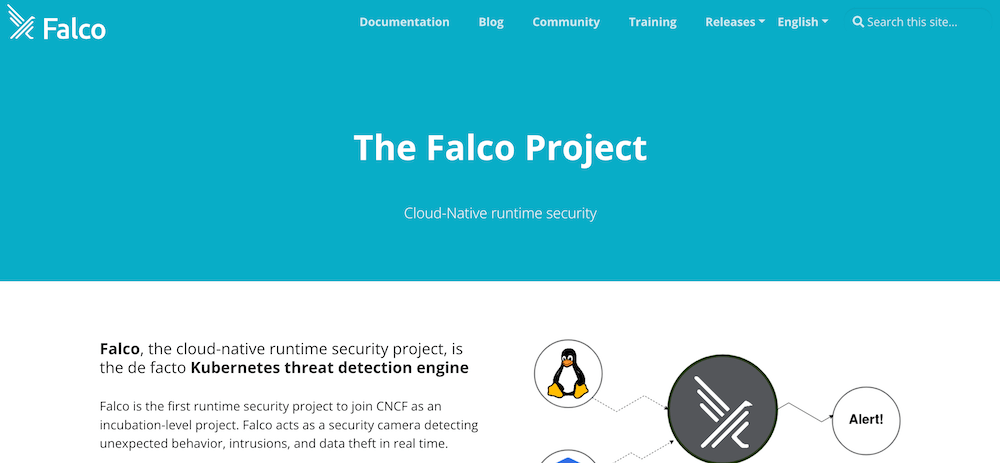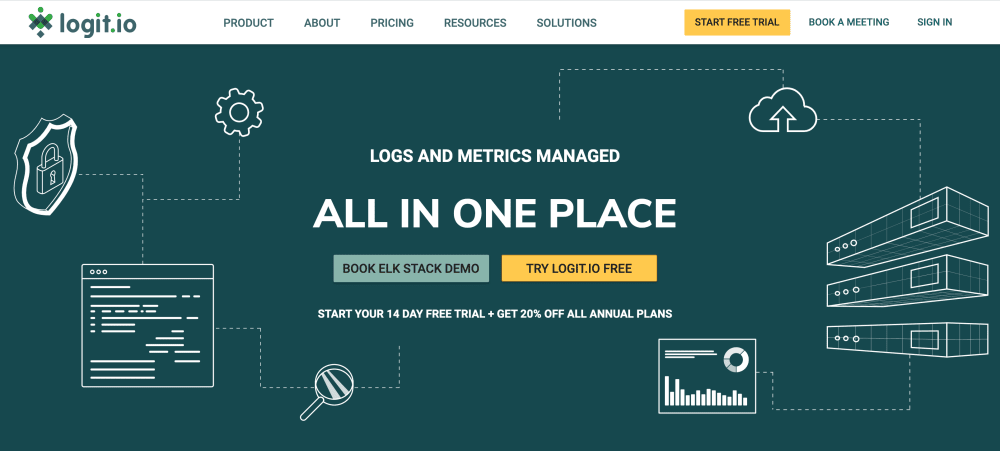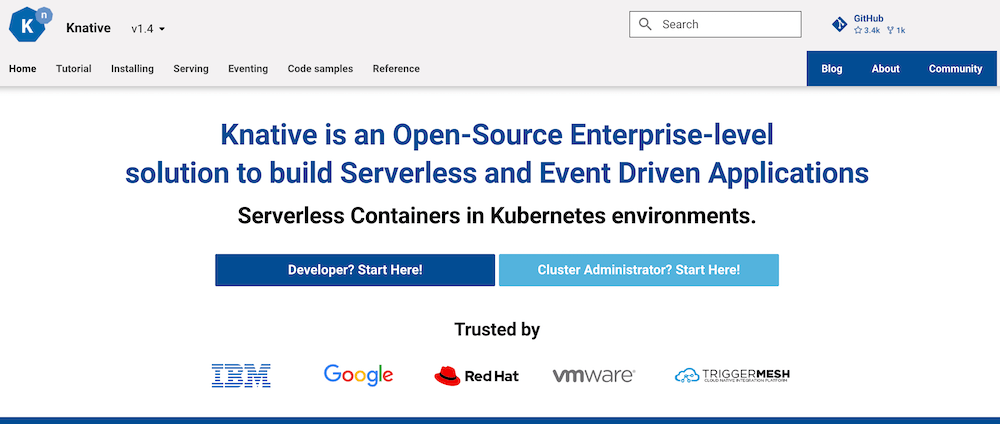Resources, Security
5 min read
Last updated:
Kubernetes is the leading container-orchestration tool that was open-sourced in 2014 by Google and has helped engineers across the globe to significantly lower their cost of cloud computing ever since. Kubernetes also provides a resilient framework for deploying applications.
Kubernetes management tools are quickly becoming essential to those that wish to monitor their containers on an ongoing basis, test, export and create intuitive dashboards.
In this post, we’ll look at some of the best free, paid and open source Kubernetes Management Tools that can make your next container led project easier to implement, run and test.
Falco
 Our first tool was contributed by Amanda Smith, Senior Manager, Corporate Communications at Sysdig; “Falco is a runtime Kubernetes security tool that was added as a CNCF sandbox project in Oct 2018 and moved to Incubation in January 2020.”
Our first tool was contributed by Amanda Smith, Senior Manager, Corporate Communications at Sysdig; “Falco is a runtime Kubernetes security tool that was added as a CNCF sandbox project in Oct 2018 and moved to Incubation in January 2020.”
“Falco does deep kernel tracing. Built on the Linux kernel, eBPF, and ptrace, Falco enriches kernel events with Kubernetes and container metainformation so developers can see what is going on.”
“Through rules, developers can protect against unknown or unwanted behaviour and detect 0-day vulnerabilities, CVEs, anomalies, and threats. Finally, in the event something is found, you can take action during a security violation.”
“Developers can build powerful response applications on the Falco API in the case of malicious behaviour. The tool is used by companies like Booz Allen, Shopify, Skyscanner, and Gitlab and also has contributors from major cloud providers.”
Prometheus
 Our next specialist suggested tool for managing Kubernetes was contributed by Christopher Waltenbaugh, Payment Processing Expert at Payment Depot “For open-source Kubernetes tools, I’d recommend Prometheus. It’s built to monitor highly dynamic container environments and is very popular with developers.”
Our next specialist suggested tool for managing Kubernetes was contributed by Christopher Waltenbaugh, Payment Processing Expert at Payment Depot “For open-source Kubernetes tools, I’d recommend Prometheus. It’s built to monitor highly dynamic container environments and is very popular with developers.”
“The package has three parts, Prometheus server, Alertmanager, and exporters. Prometheus is the industry standard for monitoring cloud-native architectures due to its simplicity with service discovery, its ease of use, its alerting capacity, and its integration with Kubernetes.”
If you are already using Prometheus alongside Kubernetes then you may find machine learning-based tool Kayten to be highly useful for optimising your Kubernetes workloads and cluster costs.
Logit.io
 To make the most of the leading open source tools for monitoring Kubernetes without the time required to host, maintain and configure these tools, a solution such as Logit.io can provide comprehensive Kubernetes monitoring.
To make the most of the leading open source tools for monitoring Kubernetes without the time required to host, maintain and configure these tools, a solution such as Logit.io can provide comprehensive Kubernetes monitoring.
Logit.io’s hosted Kibana and Elasticsearch make light work of analysing and correlating Kubernetes and Docker container logs in real-time. Giving you complete flexibility from your container and microservice monitoring solution.
A common challenge for effective Kubernetes log aggregation is that during spikes data can easily be lost and not accounted for without a scalable logging solution such as Logit.io.
Logit.io’s container monitoring platform is built to collect, parse, and transform application logs from your Kubernetes clusters within a few steps using the power of the managed Elastic Stack alongside managed Grafana.
Knative
 Todd Ramlin Manager at Cable Compare was happy to recommend Knative in his suggestion below; “If you’re going to use Kubernetes, you should also use Knative. It allows you to run serverless containers on Kubernetes, increasing developer productivity. Knative takes care of networking, autoscaling, and revision tracking, which allows developers to focus on core logic.”
Todd Ramlin Manager at Cable Compare was happy to recommend Knative in his suggestion below; “If you’re going to use Kubernetes, you should also use Knative. It allows you to run serverless containers on Kubernetes, increasing developer productivity. Knative takes care of networking, autoscaling, and revision tracking, which allows developers to focus on core logic.”
“It’s also designed to enable a variety of containerized serverless architectures, including using microservices and containers in ways that are more complex than the original serverless model.”
Using Multiple Tools Side By Side
Igor Zaporozhets, CTO & Co-Founder of Aimprosoft, sung the praises of multiple tools when it came to effectively managing Kubernetes for his organisation; “When working with various services for Kubernetes management and monitoring, we’ve figured out that the most efficient ones are Grafana, Prometheus, Istio, and Helm.”
“For instance, a wide range of visualization and analytics tools together make Grafana dashboards rather helpful for Kubernetes cluster monitoring. In turn, Prometheus is also efficient in terms of monitoring due to its actionable metrics, easy-to-use metrics retrieval tools, in-built alerting, and scalability.”
“The leverage of Istio showed that this software works great for traffic management, such as tracking the flow of traffic within the cluster, its errors, and anomalies. Also, such a service mesh as Istio provides high observability by tracking service metrics, giving deeper insights into the service mesh deployment, and so much more.”
“Finally, Helm is another robust tool to manage Kubernetes that I can highly recommend. This package manager can significantly assist with the process of application deployment by making it easily manageable and faster.”
Apollo
For our final suggestion in this guide, Joseph Ferdinando, Founder of HotHeadTech contributed Apollo from his experience with using this UI built for Kubernetes management; “Being a founder of the tech company, I would suggest Apollo for Managing Kubernetes. Apollo provides a Kubernetes Control UI that enables logs to be viewed and analysed and you can return to a deployment version with just a single click.”
“It additionally provides a pattern of versatile permissions and is a very lightweight application for continuous deployment. Apollo can be added to any existing construction cycle and only wants to be notified of a ready artifact.”
“This Kubernetes management tool allows users to control various Kubernetes clusters. These clusters can have various namespaces. The live querying function allows you to show the latest deployment status and provides visualization of pod status, reading logs, and restarting pods.”
If you enjoyed this resource on the best tools to manage Kubernetes then why not check out our previous article on what is Kaggle or our post on open source SIEM tools?
